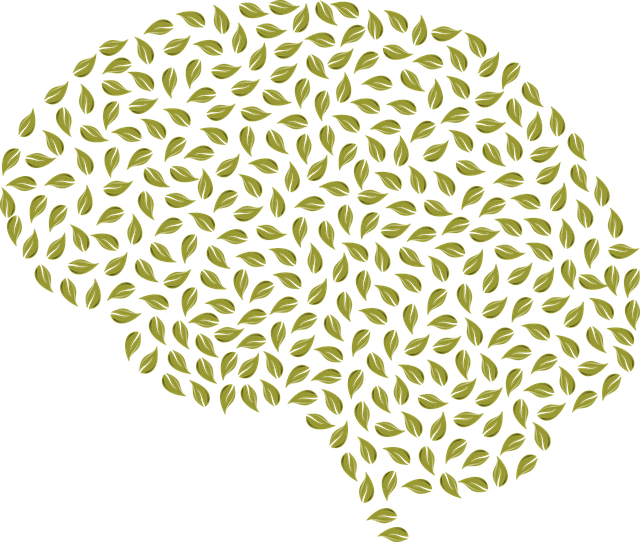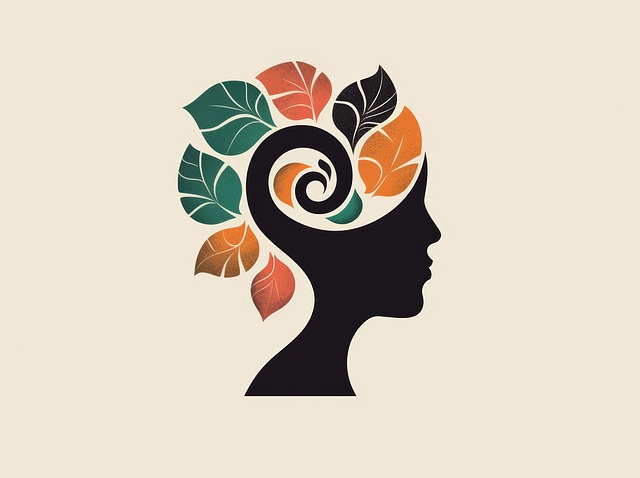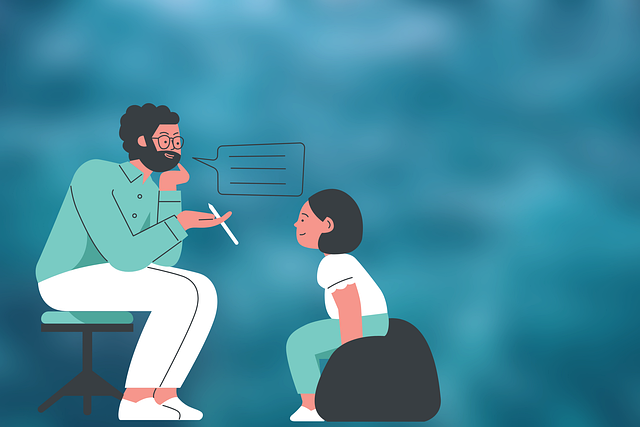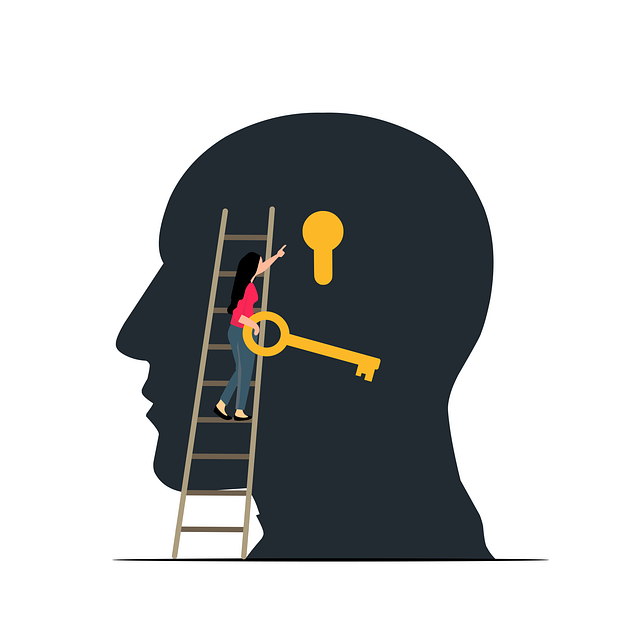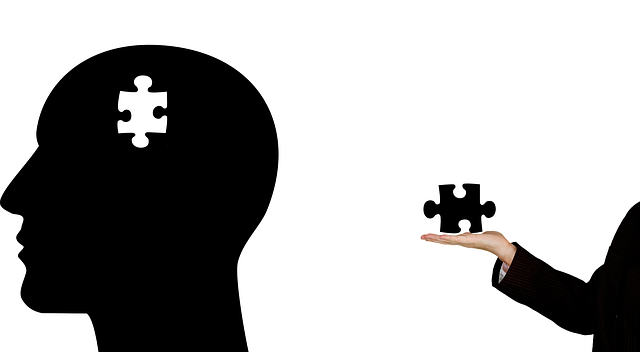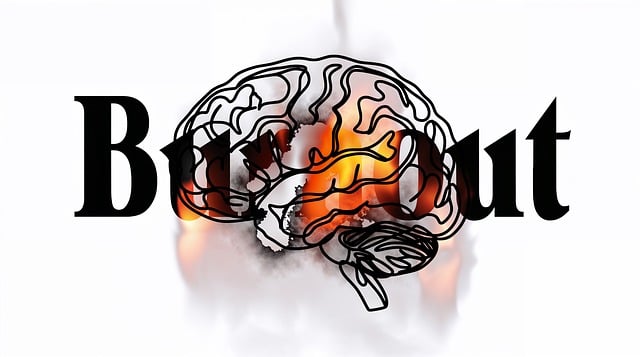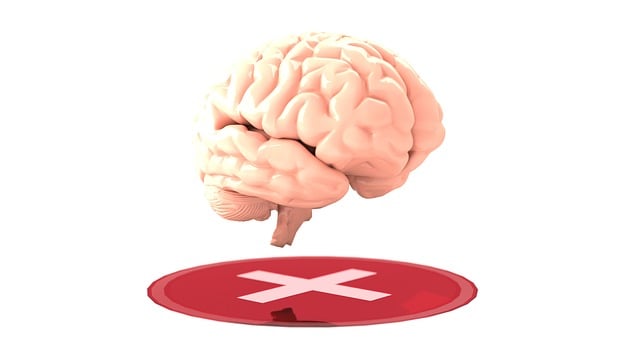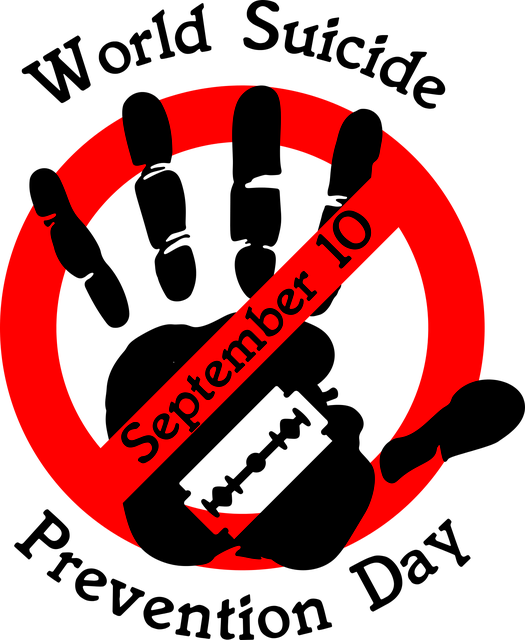Bilingual individuals face challenges in mental wellness due to language differences, leading to miscommunication in therapy settings. To address this, it's crucial to find therapists proficient in both languages and develop culturally sensitive self-assessment tools tailored to their unique linguistic and cultural experiences. These tools, combined with strategies like social skills training and community outreach programs, ensure accessible and effective therapy for bilingual clients, fostering trust and encouraging honest feedback. By integrating these approaches, mental health care improves access and outcomes for Therapy for Bilingual populations while preventing healthcare provider burnout.
Mental wellness self-assessment tools play a crucial role in addressing the unique challenges faced by bilingual individuals. This article delves into three essential aspects: understanding the specific mental health hurdles in bilingual communities, designing culturally sensitive self-assessment tools, and integrating tailored therapy and support strategies for optimal well-being. By exploring these key areas, we aim to enhance access to effective care for bilingual folks seeking mental wellness solutions.
- Understanding the Unique Challenges of Bilingual Mental Health
- Designing Effective Self-Assessment Tools for Cultural Sensitivity
- Integrating Therapy and Support for Bilingual Individuals
Understanding the Unique Challenges of Bilingual Mental Health

Bilingual individuals often face unique challenges when it comes to mental wellness due to their dual-language proficiency. Language serves as a powerful tool for communication, self-expression, and cultural identity; however, it can also create barriers in the context of therapy. Finding therapists who are proficient in both languages is crucial for effective treatment. If not addressed properly, language differences may lead to miscommunication, misunderstandings, and even mistrust between clients and mental health professionals. This can significantly impact the quality of care, especially when dealing with sensitive topics or complex emotional issues.
Therefore, developing self-assessment tools that cater to bilingual populations is essential. These tools should consider cultural nuances, language proficiency levels, and the potential impact of language on mental health. By incorporating strategies such as social skills training and community outreach program implementation, mental health professionals can better assess and address the specific needs of bilingual clients. This ensures that therapy for bilingual individuals becomes more accessible, effective, and tailored to their unique circumstances.
Designing Effective Self-Assessment Tools for Cultural Sensitivity

In the realm of mental wellness self-assessment tools development, cultural sensitivity is paramount. As we navigate diverse communities, it’s crucial to create resources that resonate with individuals from various backgrounds, including those who are bilingual. Therapy for bilingual individuals requires tailored approaches that acknowledge and respect their unique linguistic and cultural experiences. Incorporating this sensitivity into self-assessment tools ensures accuracy and accessibility, enabling effective Mental Wellness Coaching Programs Development.
Designing such tools involves meticulous consideration of language, symbolism, and cultural norms. For instance, when developing Mental Health Education Programs, it’s essential to use inclusive language that avoids stereotypes and biases. This approach respects the diversity within bilingual communities, fostering trust and encouraging honest assessments. Moreover, incorporating culturally relevant examples and scenarios can significantly enhance the tool’s effectiveness in providing Anxiety Relief for individuals from different ethnic and linguistic backgrounds.
Integrating Therapy and Support for Bilingual Individuals

Developing mental wellness self-assessment tools must consider the unique needs of bilingual individuals to ensure comprehensive support. Many bilingual people face challenges accessing therapy and support services due to language barriers, cultural nuances, and fear of stigma. Integrating culturally sensitive approaches, such as providing therapists who speak their primary language or offering translation services, is vital for fostering trust and encouraging participation in mental health care.
Community outreach programs can play a significant role in promoting mental wellness among bilingual communities. By implementing initiatives that raise awareness about available resources, target specific cultural concerns, and offer burnout prevention strategies for healthcare providers, these programs help to bridge the gap in access to care. Ultimately, addressing the distinct requirements of bilingual individuals ensures more inclusive and effective self-assessment tools that contribute to better mental health outcomes.
The development of mental wellness self-assessment tools tailored to bilingual individuals’ needs is a significant step towards addressing the unique challenges they face in accessing appropriate therapy. By incorporating cultural sensitivity and understanding, these tools can facilitate early identification of mental health issues within bilingual communities. Furthermore, integrating support systems and therapy specifically designed for bilingual people ensures they receive effective care that respects their linguistic diversity. This approach has the potential to revolutionize mental health support, making it more inclusive and accessible to all individuals, regardless of their language background.
